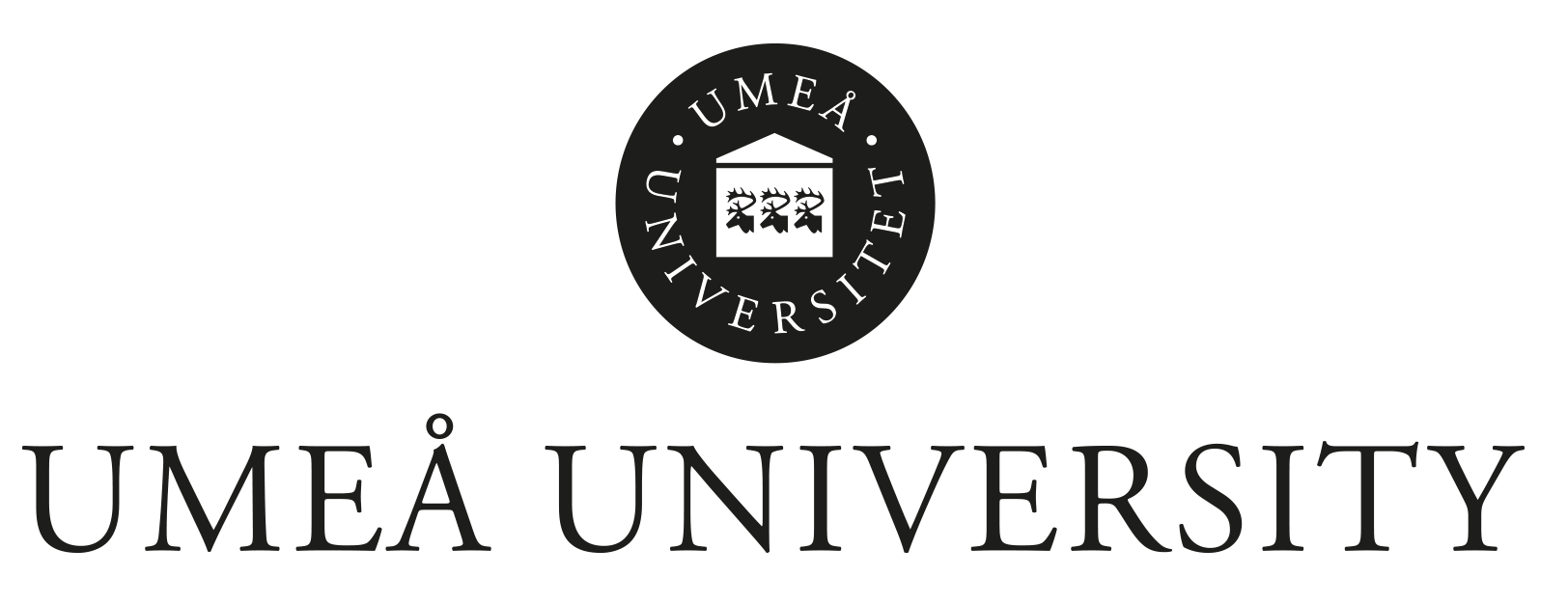The UmArts Summer Exhibition 2025 celebrates our new Small Visionary Projects in art, architecture, design, sloyd and music. Researchers will present their practice-based work-in-progress investigating issues of sustainability and resilience at different scales.
This summer we will present several new projects in the UmArts Research Studio including: Little things by Robin Durant; Enargeia by Edith Marie Pasquier; Maker Utopias by Cindy Kohtala, Magnus Wink, Rickard Åström and Sara Rylander; Pushing the Limits of Craft by Sara Rylander; and In-between the lines: an exploration of the street as a place of cultural negotiation by Richard Conway & Sangram Shirke. Architectural experiments around the UmArts Studio building will feature Healing the Wounds by Constanze Hirt; Tooling Ice and Sawdust by Elena Vazquez & Julio Diarte. Throughout the opening day there will be performances including Carla Colleveccio’s Performative Bodies; Göran Wretling’s investigation into AI as a Collaborative Partner in Music; and Edith Marie Pasquier´s Songs for the Slain Birds and Children- 2023 – 2025.
The UmArts Small Visionary Research Projects (SVP) provide seed funding to support research active staff to try out new ideas with big ambitions that contribute to the UmArts research community across the Academy of Fine Arts, Umeå Institute of Design, Umeå School of Architecture, Department of Creative Studies in Education and Bildmuseet.
Open 11 June to 18 June 12.00-16.00
______________________________________________________________________________
Opening Program 11 June 14.00-19.00
14.00-14.10 Opening Summer Exhibition: Welcome by Director Ele Carpenter and Thomas Wågberg, incoming Dean of the Faculty of Technical Science.
14.10-14.30 Performance by Edith Marie Pasquier
14.30-15.00 Presentations by Robin Durand, Cindy Kohtala, Sara Rylander, Richard Conway
16.00-16.30 Performance Carla Collevechio, Black Box, Curiosum
17.00-17.20 Presentations by Elena Vazquez & Julio Diarte, Constanze Hirt
18.00 Musical performance by Göran Wretling
